Mannat Murad Drama Cast: Mannat Murad, a 2023 Pakistani drama, tells the story of Mannat (Iqra Aziz), a strong and independent woman, and Murad (Talha Chahour), a kind-hearted man from a financially struggling family. Their love story blossoms despite societal and family pressures, highlighting the complexities of love, class differences, and the often-suffocating nature of joint families.
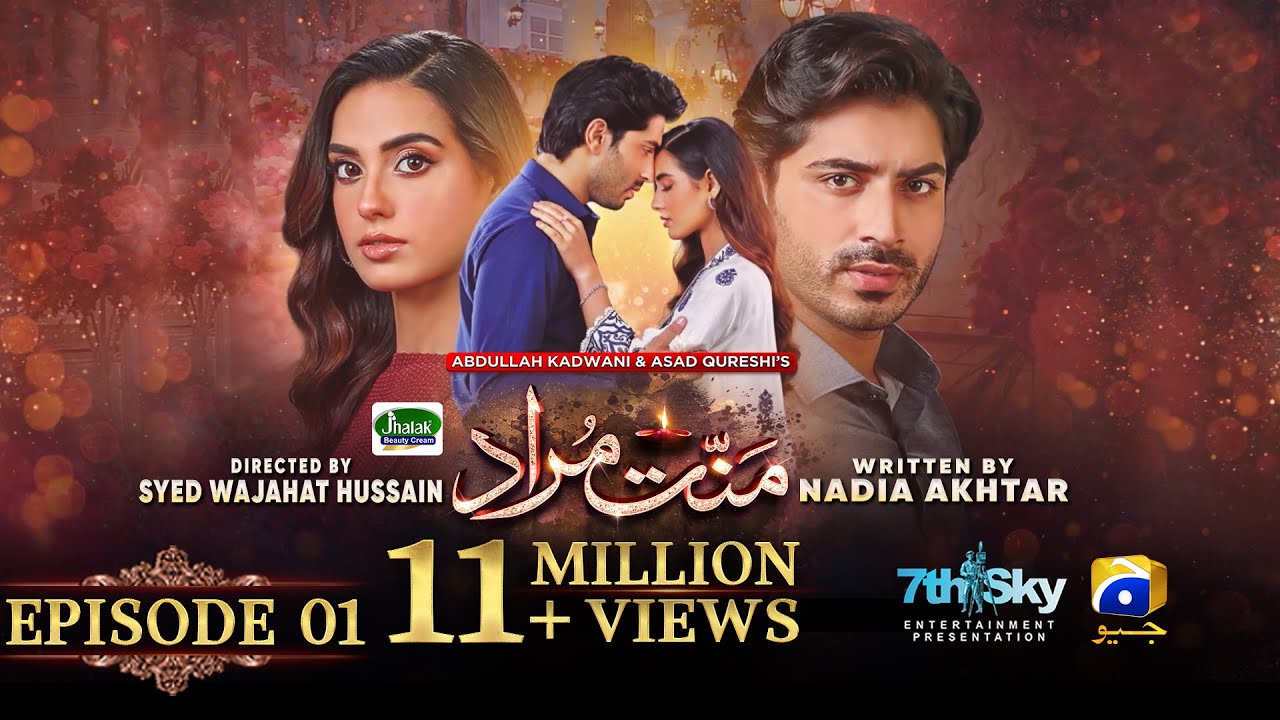
Story and Themes:
Mannat, a wealthy woman, falls in love with Murad, a hardworking man from a less privileged background. Their relationship faces opposition from both their families due to societal expectations and class differences. Mannat challenges these expectations, fighting for her love while navigating the challenges of a joint family system and its impact on individual desires and happiness.
The drama explores themes of:
- Love and Class Barriers: Mannat and Murad’s love story highlights the challenges posed by societal expectations and class differences in pursuing love and marriage.
- The Power of Women: Mannat’s character embodies female empowerment, showcasing her strength and determination in defying societal norms and fighting for her desires.
- Joint Family Dynamics: The drama delves into the complexities of living in a joint family system, revealing the potential for conflict and the importance of communication and understanding within the family unit.
Strengths:
- Compelling Performances: Iqra Aziz and Talha Chahour deliver convincing performances, portraying the love and struggles of Mannat and Murad with sincerity.
- Thought-Provoking Themes: The drama tackles relevant social issues like class disparity, societal pressures on marriage, and the challenges of joint family living, sparking conversations and reflection.
- Humor and Romance: The blend of humor and romance adds lightheartedness to the narrative, making it an engaging viewing experience.
Weaknesses:
- Uneven Pacing: The drama’s pacing can be inconsistent, with some episodes dragging and others feeling rushed.
- Overused Tropes: The drama relies on some overused tropes common in Pakistani dramas, like family interference and dramatic misunderstandings.
- Character Development: While the central characters are well-developed, some supporting characters might lack depth and complexity.
Beyond the Surface: Unpacking the Layers of Mannat Murad
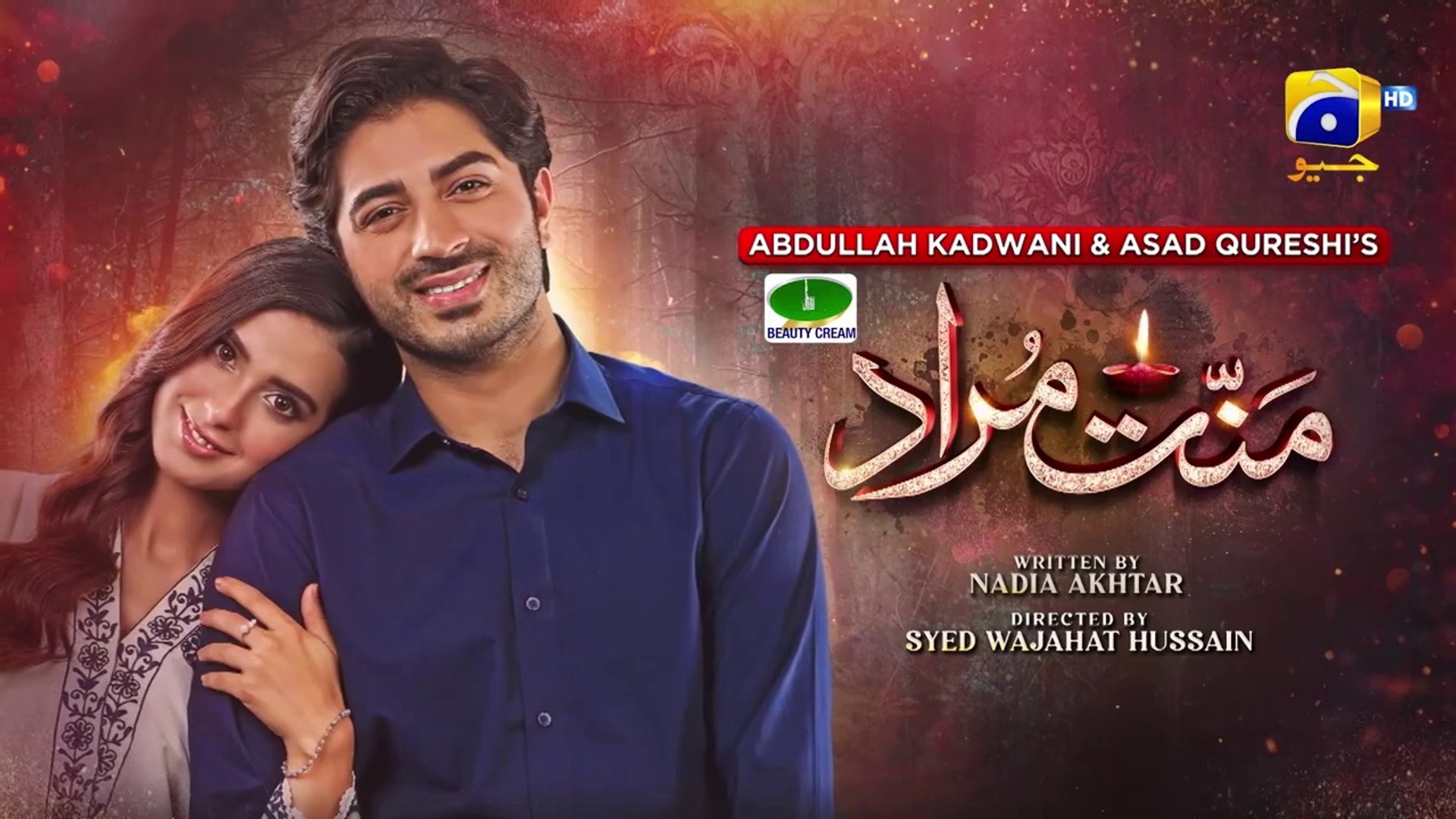
While Mannat Murad captivates audiences with its love story amidst societal constraints, further exploration unveils layers worthy of critical analysis:
Deconstructing the Portrayal of Class Differences:
Mannat and Murad’s love story becomes a platform to explore societal expectations and class disparities impacting relationships. However, a deeper look is crucial:
- Beyond Individual Narratives: Does the drama solely focus on the individual struggles of Mannat and Murad, or does it delve into the broader societal context that perpetuates class divisions and limitations?
- Challenging Class Biases: How effectively does the drama challenge ingrained societal biases and prejudices associated with class differences? Does it offer any potential solutions or pathways towards bridging the gap and promoting social mobility?
Nuances of Female Empowerment:
Mannat’s character embodies the theme of female empowerment. Analyzing her journey further can offer valuable insights:
- Beyond Individual Defiance: While Mannat’s fight for her love is commendable, does the drama explore the limitations and challenges faced by women within a larger patriarchal system beyond defying individual circumstances?
- Agency and Collective Action: Does the drama portray alternative forms of female empowerment beyond individual defiance, such as collective action or advocating for systemic change that empowers women at large?
The Joint Family System: A Multifaceted Reality
The drama portrays the complexities of the joint family system. Examining it critically can offer deeper understanding:
- Beyond Stereotypes: Does the drama avoid stereotypical portrayals of the joint family system, acknowledging its potential benefits and challenges in different contexts?
- Individuality vs. Communal Values: How does the drama navigate the tension between individual desires and aspirations, and the sense of duty and obligation often emphasized within the joint family structure?
Beyond Melodrama: Exploring its Impact
Mannat Murad utilizes elements of melodrama to heighten emotional engagement. However, analyzing its impact goes beyond acknowledging this stylistic choice:
- Engaging with the Audience: How does melodrama influence the audience’s perception of the story and characters, particularly in highlighting the emotional complexities of love, societal pressures, and family conflicts?
- Sparking Dialogue: Does the use of melodrama serve solely as entertainment, or does it effectively spark critical conversations about complex social issues like class divides, gender inequality, and the dynamics of the joint family system?
Legacy and Potential:
Mannat Murad’s legacy and potential extend beyond entertainment:
- Comparing its Portrayals: Analyzing how the drama portrays these issues in comparison to other Pakistani dramas or real-world narratives can offer valuable insights and spark further discussion.
- Inspiring Action: Examining its potential to inspire critical thinking and action towards social change, such as challenging societal biases against inter-class marriages, advocating for women’s empowerment initiatives, and promoting healthy and supportive family dynamics within the joint family system.
By engaging with these layers, Mannat Murad transcends mere entertainment. It becomes a platform for critical reflection, sparking crucial conversations about love, societal expectations, and the ongoing pursuit of individual fulfillment within the complex social fabric of Pakistani society.
Overall Impact:
Mannat Murad is a captivating drama that offers a social commentary wrapped in a love story. Despite its shortcomings, it leaves a lasting impression by addressing important themes and showcasing the strength of female characters. However, it is essential to engage in critical thinking and consider potential limitations in its portrayal of complex societal issues.
Share this content:
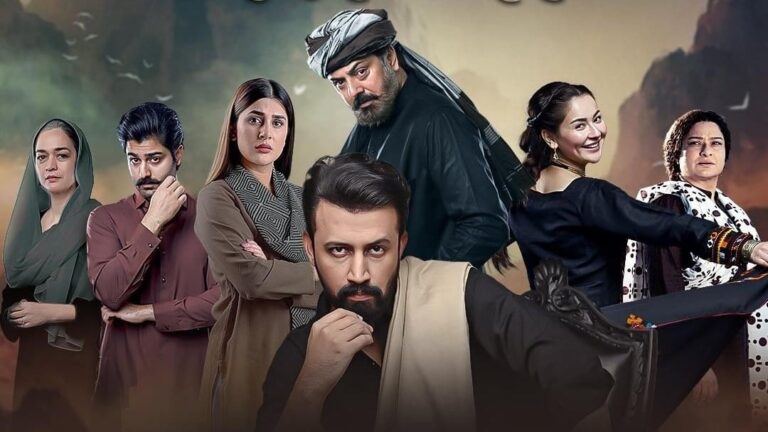
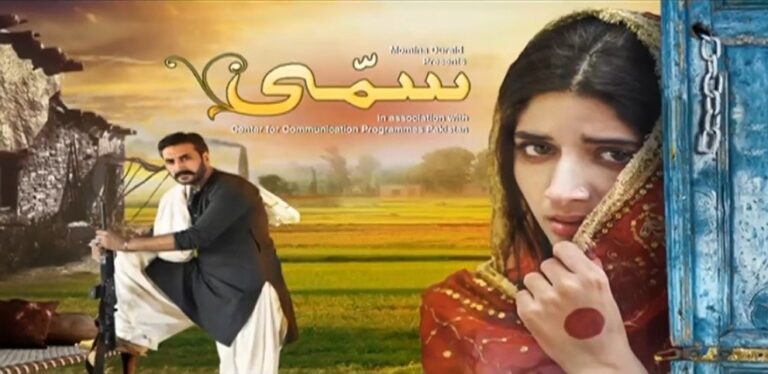
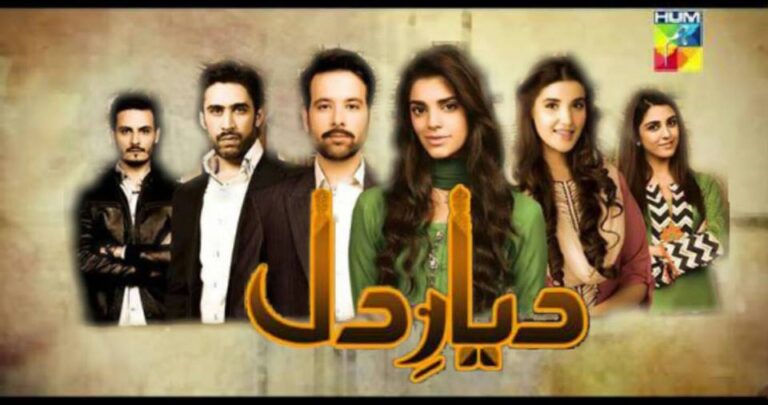
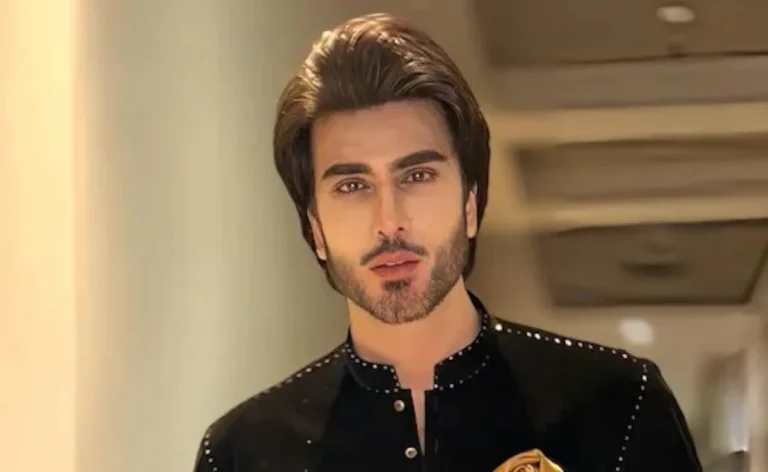
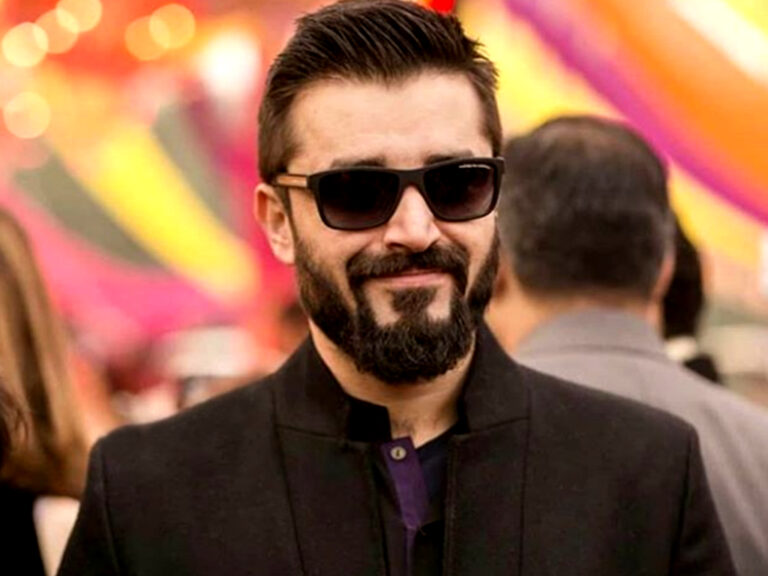
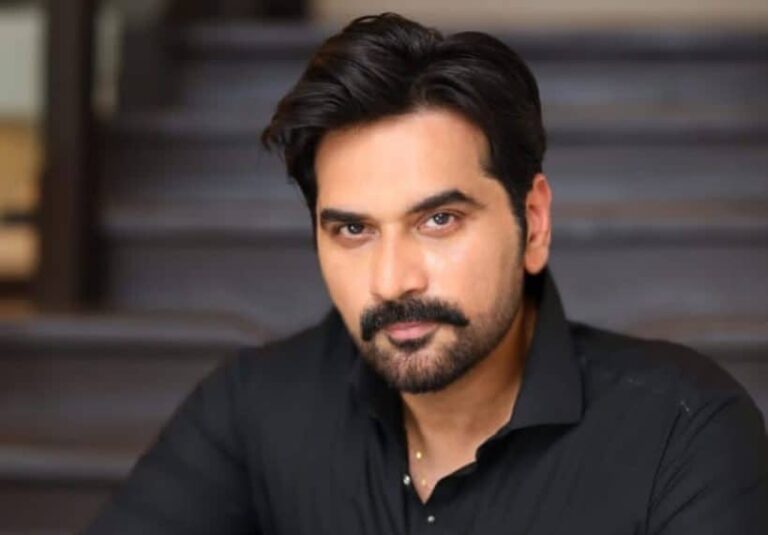


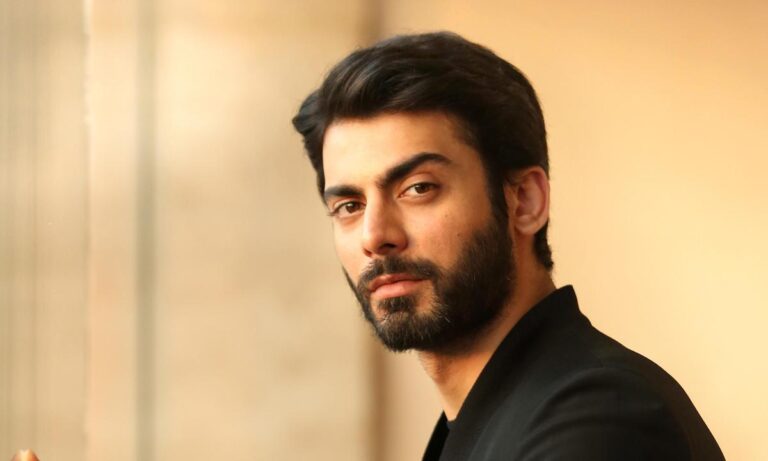
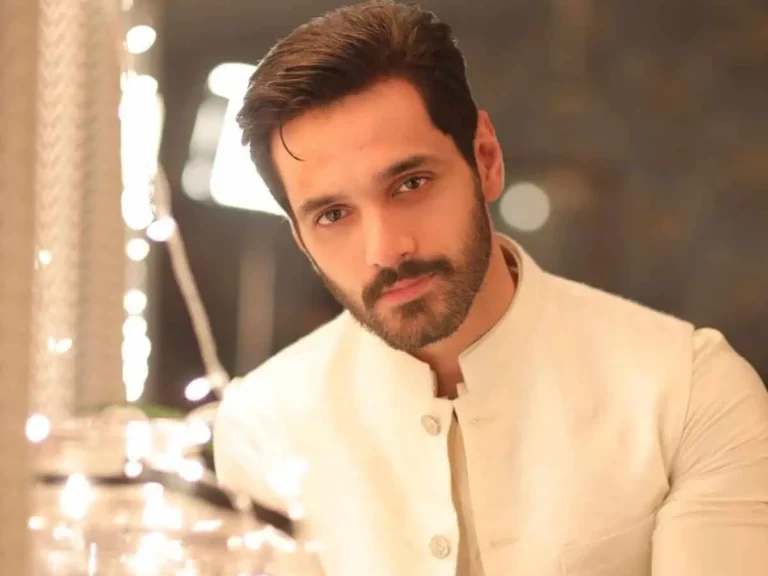
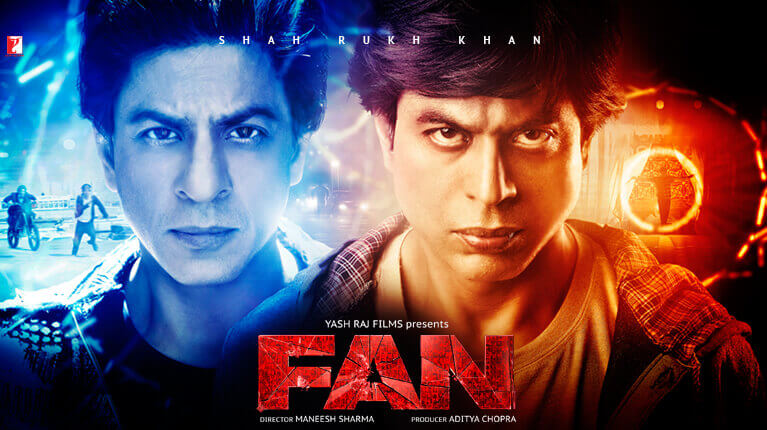
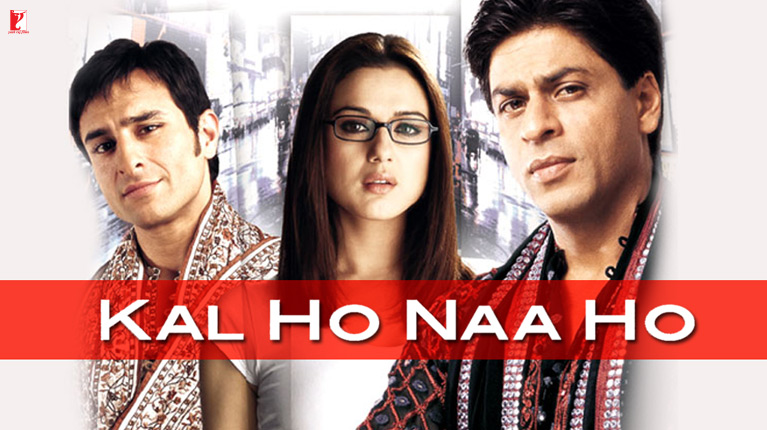
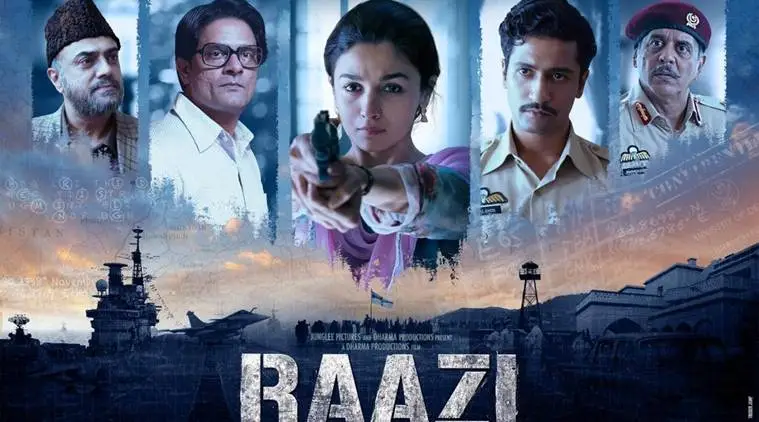
+ There are no comments
Add yours